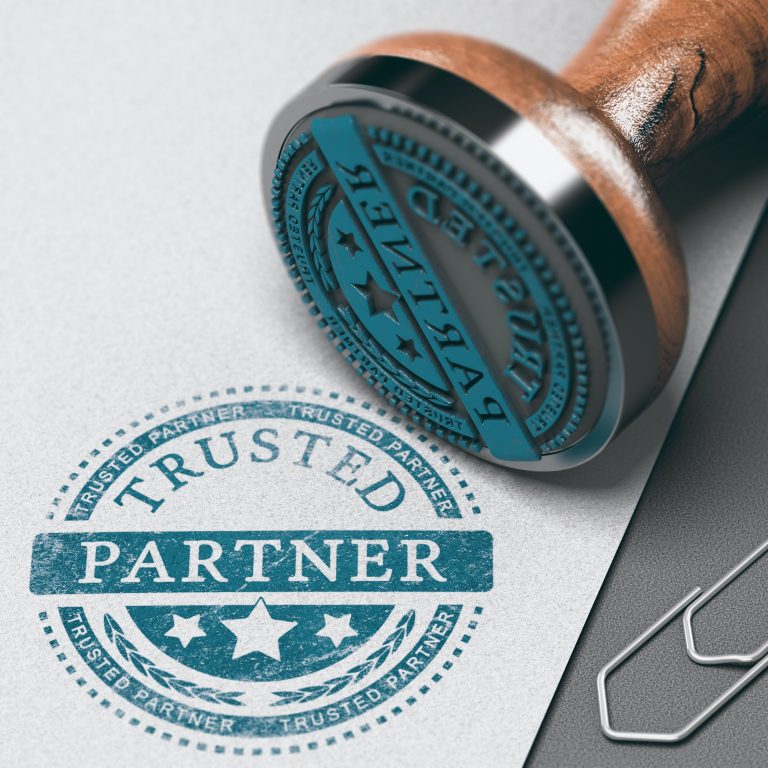Life & Critical Illness Ins
“Do you need insurance?” The answer to such a question is that it depends on your circumstances - current and expected.

Life Insurance
Death is one of the most uncomfortable subjects for us to discuss or even think about – especially our own death. Perhaps, it is because it means facing our own mortality – or some subconscious belief that not talking about it somehow postpones that inevitable day.
The primary purpose of life insurance is to protect those who depend on your income from the financial burden in the event of your premature death, especially at a time when they would be dealing with significant personal and emotional pain.
Life insurance is a key way of safeguarding the livelihood of your dependents after your death.
Critical Illness Insurance
Statistics show that Caribbean people are surviving critical illnesses such as cancer more frequently now than in prior years. Improvements in medicine and medical treatments have resulted in promising prognoses for many illnesses. However, the occurrence of chronic disease and critical illnesses is on the increase. The facts indicate that approximately one out of every two Barbadians will encounter a critical illness during their lifetime.
Maintaining your quality of life after the diagnosis of a critical illness and dealing with financial commitments can cause hardship for you and your family. Critical illness insurance can protect your family’s future. Generally critical illness insurance will help to pay off a debt, such as a mortgage, or to help provide funds that can be used for medical treatment in the event that you fall victim to specific illnesses, including stroke, cancer or heart attack.
Here are some of the reasons why you should consider life and/or critical illness insurance:
- Income Replacement:
- Life insurance is the most cost effective way to replace your income so that your survivors can maintain the standard of living that they are accustomed to.
- Mortgage Protection:
- Term life insurance or critical illness insurance can be a means of paying off your mortgage balance. No one would want for one partner to die, and for the other to be forced to give up the family home because they cannot afford to make the mortgage payments. Insurance allows you to cover the remaining balance on your mortgage to ensure that you family can keep the house, in the event of illness or after your death.
- Debt Repayment:
- Your debts are not automatically written off when you die, rather, they must be paid from your estate. You should therefore ensure that a life insurance policy is in place to pay off what you owe, so that the financial burden does not fall on your dependants.
- The Final Expenses:
- Final expenses can be very burdensome, especially if there are funeral costs, burial fees, and medical bills to pay. Life insurance protects your loved ones from having to shoulder these additional burdens and helps them to cope in this time of distress.
If you have decided to purchase life and critical illness insurance, you should know exactly why you are buying it and choose the best type of policy for your needs. You should buy no more than you need, so consider these questions which will help you determine your insurance needs.
Do you want to have insurance coverage to:
- Pay funeral and burial costs?
- Pay the outstanding balance owing on a mortgage and other debts?
- Offset the loss of your income? For how long?
- Contribute to the future education of your children?
- A combination of all or part of the above?
Lashley Financial can help you to determine the insurance you need to protect yourself and those you love.
DID YOU KNOW
Financial planning with us will help you to address the key decisions you will make (or have made) and the impact these decisions will have on your financial circumstances and outcomes. These include:
Your choice of career
Much of the money you get will come from what we earn. And what you earn is determined by what you do.
Marrying
Marriage is a very personal choice. When you get married, the cost of the wedding and the income earning potential and lifestyle of your partner will impact your future financial prospects.
Your lifestyle
One of the key requirements in managing your personal finances is balancing your current consumption with your future consumption needs.
How you manage debt
Debt is the opposite of postponing future consumption – it is borrowing against future earnings to facilitate current consumption.
How you handle risk
The risk-return trade-off is fundamental to investing – and investing is critical to creating wealth. Your ability to tolerate risks determines the rate of return you will get.
How many children you have – and when
There is a significant financial cost associated with raising children to adulthood, especially if you plan to educate them at tertiary level.
How well you protect your assets
Protecting what you currently have is the foundation of good financial planning. For most people, the ability to earn income is their most significant asset.




